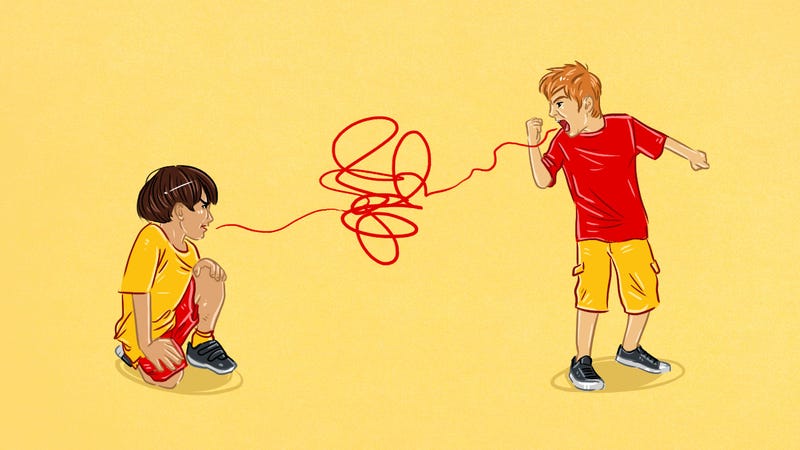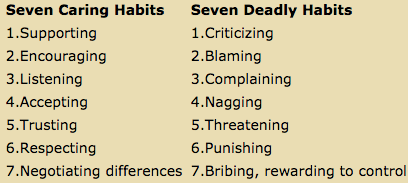
You may have heard the term “hangry” before — the word for the state of being both hungry and angry. As in: “I’m so hangry that I yelled at my boss. Someone please pass me a banana.”
there’s a growing body of evidence that being hangry is a real thing
But it’s not just weird slang. There’s a growing body of scientific evidence that being hangry is a completely real thing — and that low blood sugar leads to bad behavior.
Case in point: in a study published in 2014 in the Proceedings of the National Academy of Sciences, researchers showed that married couples get increasingly angry and mean towards one another when their blood sugar is low.




